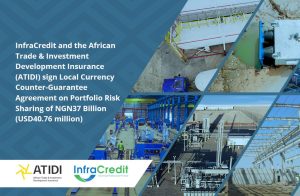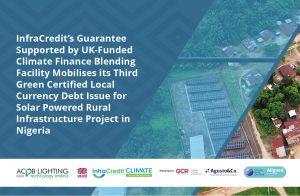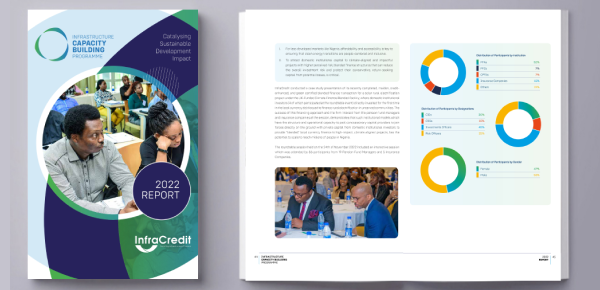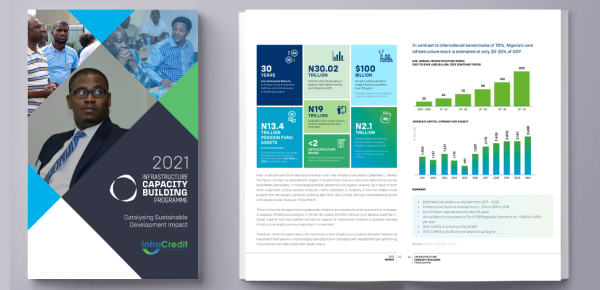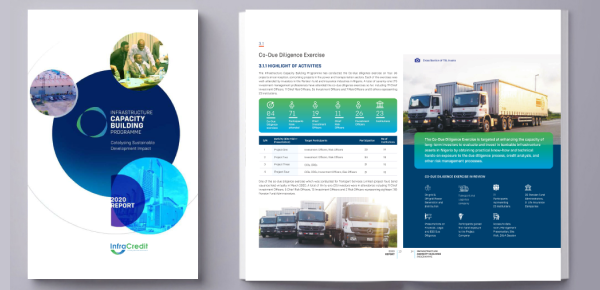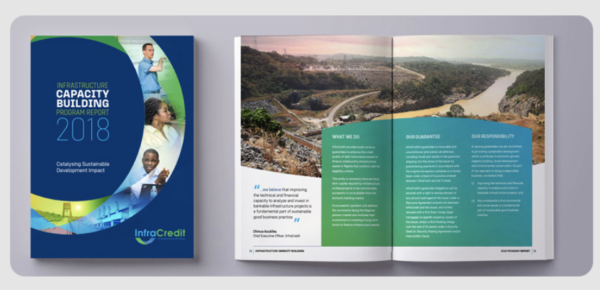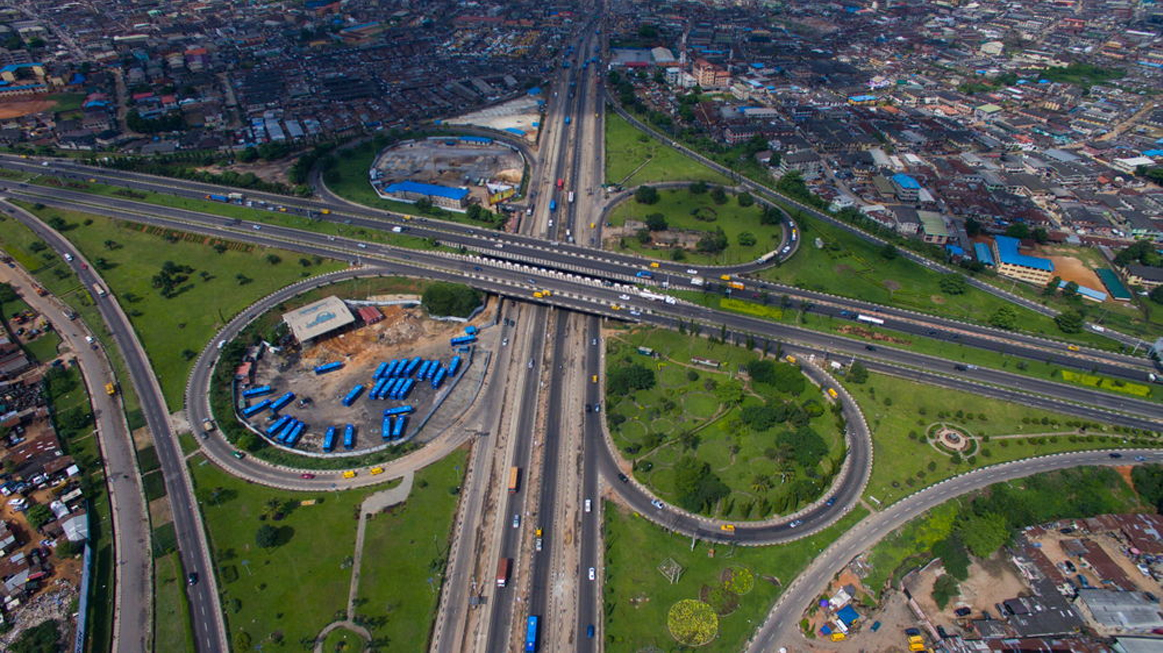
Maximizing the use of DFIs & Donor Funding in driving PPPs in Nigeria
- June 3, 2021
Estimated at over USD100billion, Nigeria’s infrastructural deficit continues to rise, partly due to growing population, urbanization, and paradoxically low investments. Reflecting the fiscal constraints, the federal government’s annual capital expenditure is barely 20% or less of the required spending needed to bridge the infrastructure gaps, at least compared to peer emerging markets. This reality reinforces the exigency of catalyzing alternative financing for infrastructure, including the Public-Private Partnership model.
To this end, our Chief Executive Officer, Chinua Azubike joined the Director-General/Chief Executive, Bureau of Public Enterprise (BPE), Mr. Alex Okoh; Deputy Governor, Central Bank of Nigeria, Dr. Kingsley Obiora; Managing Partner, Amaya Capital, Dr. David Ladipo, UKNIAF’s Daniel Goriola Olusina, and other stakeholders in a consultative webinar on Financing Public-Private Partnerships (PPPs) to boost Infrastructure Delivery in Nigeria, organized by the BPE on Thursday, 27 May 2021.
In recognition of the fiscal constraint in funding the rising infrastructural deficit, the Bureau of Public Enterprise (BPE), in collaboration with the Ministry of Finance, Budget, and National Planning (MFBNP) seeks novel approaches to unlocking requisite private sector financing for infrastructure development, through PPP arrangements. As part of the measures to enhance the economic and financial viability of infrastructure projects, the MFBNP, BPE, and relevant stakeholders will henceforth vet and prioritize infrastructure projects prior to inclusion in the national budget, in compliance with the National Integrated Infrastructure Master Plan.
At the session, the Chief Executive of InfraCredit explored the imperatives for Nigeria to leverage Blended Finance as a means of maximizing the use of DFIs & Donor Funding in driving PPPs in Nigeria. Chinua highlighted how a Blended Finance model can catalyze private sector capital for varying infrastructure projects, citing InfraCredit’s case studies working with KfW and the United States Trade & Development Agency (USTDA) in providing infrastructure technical assistance support for a sub-national tollroad project and a private sector-led LNG project.


